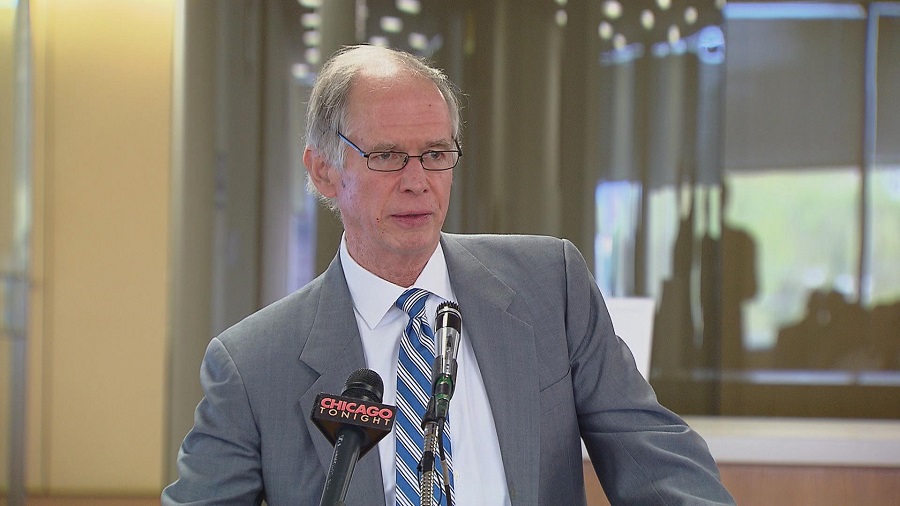In the realm of criminal justice, there exists a beacon of hope for individuals ensnared by non-violent drug-related offenses. Judge Charles Burns‘ (W)RAP program, an innovative two-year felony drug treatment initiative, shines as a testament to reform and redemption. This program is dedicated to assisting individuals in their recovery from substance abuse, offering them a lifeline that not only changes lives but also transforms communities.
(W)RAP: Recovery and Progression
(W)RAP represents a compassionate shift in the criminal justice paradigm. It acknowledges that many who find themselves entangled in the justice system due to non-violent drug offenses are, at their core, battling the demons of addiction. Instead of perpetuating a cycle of incarceration, (W)RAP extends an olive branch, fostering a supportive environment that empowers participants to confront their addiction and embark on a transformative journey towards recovery.
Diverse Paths, Tailored Services
The (W)RAP program takes a crucial step towards acknowledging the distinct needs of its participants. It comprises two separate programs—one catering to men and another to women. While both programs share a common structure, they are meticulously designed to provide gender-specific services. This gender-sensitive approach recognizes that the road to recovery can be a deeply personal experience, and it tailors support accordingly.
The Healing Journey
At the core of the (W)RAP program lies a holistic approach to recovery. Participants are immersed in substance use treatment, backed by frequent drug and alcohol screenings to ensure progress and sobriety. Court appearances, attendance at self-help support groups, and compliance with any additional treatment or counseling recommended by the (W)RAP team are all integral parts of this healing journey.
A Foundation for Success
(W)RAP doesn’t merely tackle addiction; it addresses the multifaceted challenges that can hinder recovery. Through strategic community partnerships, participants are aided in securing interim and long-term housing, furnished accommodations for their new lives, career opportunities, financial counseling, and access to essential mental health and trauma-informed care. These partnerships lay the foundation for a stable and fulfilling life beyond the (W)RAP program’s two-year span.
A Second Chance and Redemption
Perhaps the most powerful aspect of the (W)RAP program is its potential to grant a second chance. Upon the successful completion of the program, participants have their probation terminated satisfactorily, their cases dismissed, and their convictions expunged. This symbolic clean slate not only offers individuals a fresh start but also positions them to become valuable contributors to their communities.
Conclusion
Judge Charles Burns’ (W)RAP program embodies a compassionate and forward-thinking approach to criminal justice. By offering an alternative to incarceration for non-violent drug-related offenses, (W)RAP transforms lives and rejuvenates communities. With its individualized services, comprehensive support, and commitment to rehabilitation, (W)RAP stands as a testament to the belief that everyone has the potential for redemption and that, with the right support, they can rewrite their story towards a brighter, drug-free future. It serves as a beacon of hope, illuminating the path toward recovery and transformation for all who seek it.

